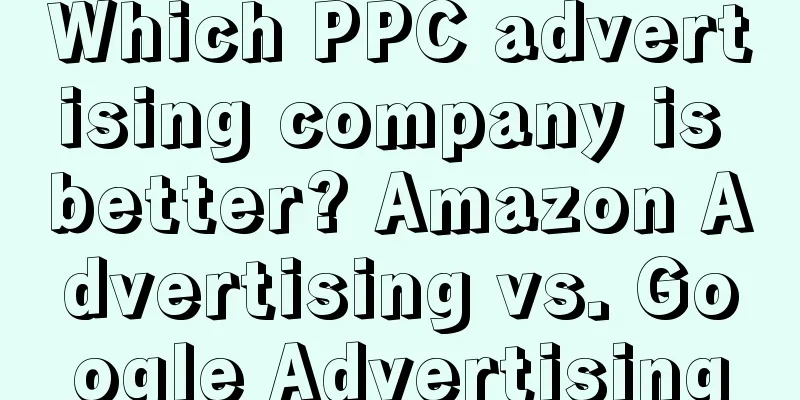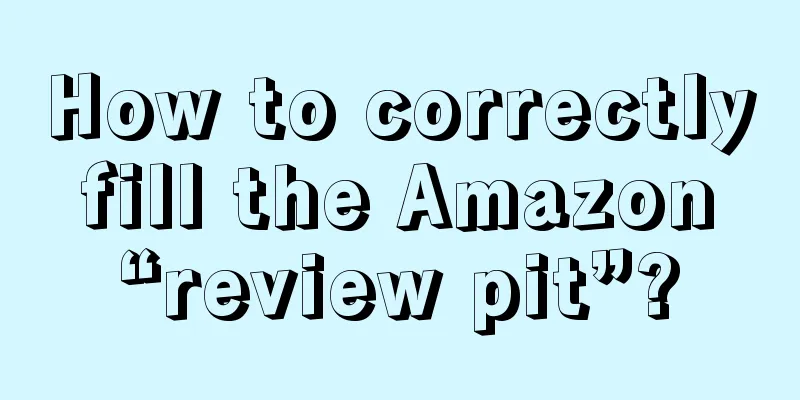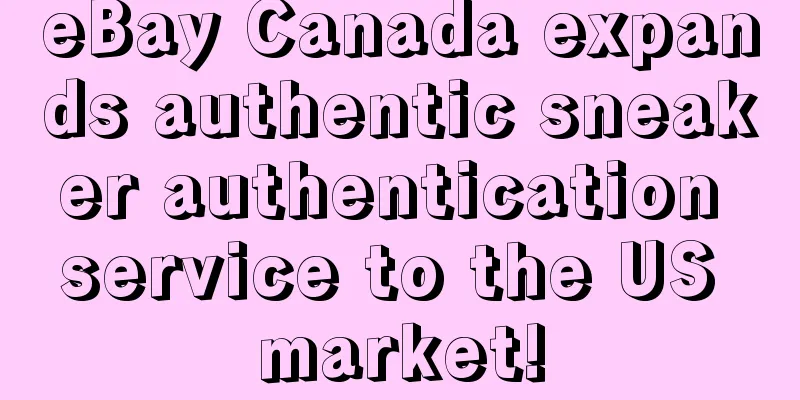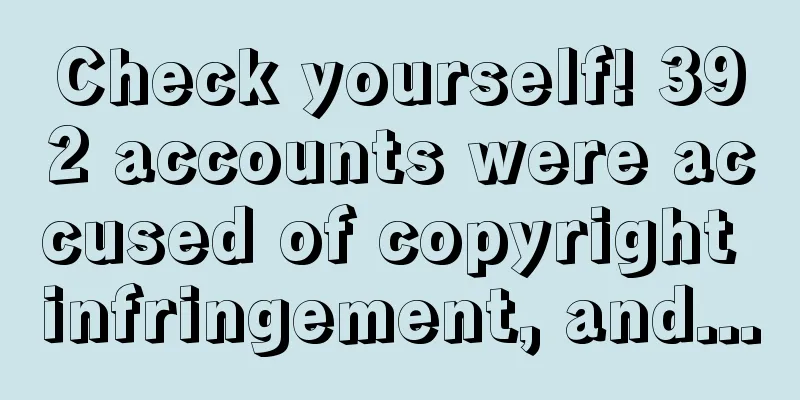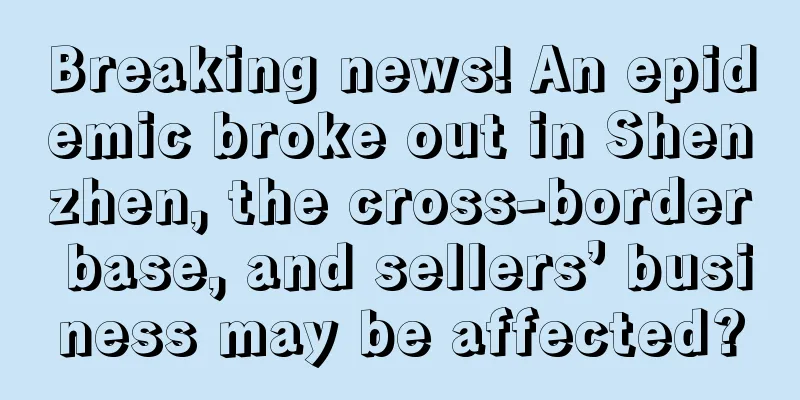|
Amazon PPC advertising experts can better understand Amazon advertising by looking at Google AdWords (the old version of Google Ads). In recent years, Amazon has borrowed many features from Google AdWords, including ad types, ad ranking, keywords, and bids.
For sellers who are proficient in Google Ads, running Amazon PPC ads does not require many new skills. You should know that mastering Amazon PPC ads is much easier than mastering Google Ads. It is simple to operate, has less competition, and has a higher conversion rate.
Amazon Advertising Has Unlimited Potential
There has been much debate over whether Amazon Advertising can break the Facebook and Google advertising duopoly , as Amazon’s advertising business is reportedly growing faster than both Google and Facebook.
Amazon has surpassed Google in product searches, with data showing that 55% of online shoppers begin their searches on Amazon. Amazon’s customer base is so large that even Martin Sorrell has to admit that Amazon poses a big threat to Google in terms of product searches. ( Note: WPP is the world's number one advertising company, mainly engaged in multinational advertising and public relations services. It owns well-known companies such as JWT, Ogilvy & Mather, and Grey Group. Martin Sorrell has been the CEO of WPP since 1985. )
Amazon's advertising conversion rate is high and should not be underestimated
Like Martin Sorrell, many Google advertising experts have begun to realize the high conversion rate of Amazon PPC ads, which is sometimes 10 times higher than Google. So the question is, how does Amazon, a "newcomer" in advertising, compete with Google advertising?
Advertising function revealed
The purpose of Amazon PPC advertising and Google AdWords advertising is to promote products and increase conversion rates, but the details are a little different.
Differences in advertising features
- Google ads can usually add links to brand landing pages, but Amazon ads cannot add external links.
- Amazon Advertising does not currently capture audience behavioral information or perform retargeting;
- Not all Amazon sellers can use all types of Amazon ads. VC sellers and 3P sellers have different advertising permissions.
Common features of advertising
- Pay-per-click (CPC) advertising
- The goal is to optimize conversion rate
- Shown in organic search results
Comparison of the two advertising types Google PLA ads vs. Amazon SP ads Google's Product Listing Ads (PLA ads for short) are displayed on the right side of the search results. As shown below: Amazon's Sponsored Product Ads (SP ads for short) may appear above or below the natural search results page or on the listing page, as shown below: It can be seen that Amazon SP ads and Google PLA ads are very similar, and both ads contain brand names, prices, ratings, and logistics information.Google Text Ads vs. Amazon Headline Search Ads
Google text ads are based on text searches and appear above relevant search results pages. Ads are mostly text, with few images, as shown below: Amazon title search ads are displayed above the search results page and are a type of ad that requires ad copy. Unlike Google text ads, title search ads also come with product images.
Google Display Ads vs. Amazon Product Display Ads
Amazon display ads appear on product or landing pages. Google ads can appear on various types of websites:
Sellers can advertise specific products or related categories through Amazon Product Display Ads. As shown in the image above, Amazon allows sellers to place product display ads on competitors’ homepages.
As you can see, both Google and Amazon have the same ad types, but there are also differences. Next, let’s look at how Google and Amazon rank these ads.
How Amazon and Google determine ad rankings
Amazon and Google have different goals when deciding ad rankings, as Amazon is primarily focused on increasing conversions, while Google’s goal is to increase brand awareness.
Google: The higher the ad click-through rate, the higher the ranking Google prioritizes click-through rate (CTR), which determines whether an ad is high quality. Pay-per-click is a source of revenue for Google. Sellers who place ads on Google pay per click on their ads. Therefore, Google rewards ads that get high CTRs by showing them more frequently.
Amazon: The higher the ad conversion rate, the higher the ranking Amazon ranks ads based on the purchasing power of the customer. They also have metrics to determine the ad ranking. - Click-through rate history
Generally, the better the relevance index, the higher the performance index. In addition, the product homepage is also important for ad ranking, and the quality of the product page can affect conversion rate and total sales. When ranking ads, both Google and Amazon consider the quality of the ads and whether they meet the requirements. It is unlikely that big sellers can occupy all the ad spaces. Sellers cannot simply determine ad rankings by bidding high, which is the only way to prevent advertising monopoly. The following figure shows the factors that determine the ranking of Google and Amazon ads:
Keyword matching types and negative keywords on Amazon and Google are basically the same, because Amazon keyword matching types are derived from Google . Keyword matching types are as follows:
Broad match : Bid on keywords that broadly match your product. This keyword type is often used for long-tail keywords, which have less competition and lower bids.
Phrase match : Bid on keywords that appear in the customer's search terms. These keywords are more precise than broad terms.
Exact match : Bid on specific keywords for your product or brand. These keywords are more competitive and have higher bids.
However, Google has one match type that is different from Amazon : Modified Broad Match : This keyword matching type is between broad match and phrase match, and it can bring more effective traffic.
Users of Google Ads only need to add "+" before the broad match keyword, and your ad will appear when searching with misspellings, singular/plural forms, abbreviations, and acronyms of the word. It is more specific than broad match. As shown below: Keep an eye on Amazon PPC ads, there’s a good chance they’ll roll out this feature soon.
Amazon and Google ad auctions work in the same way: users bid on keywords like an auction. Amazon and Google both have an auction-style system based on cost-per-click and ad quality, as described above. Here’s how to optimize your bids. ① Primary - Manual bidding
The easiest way is to change the bid manually. Both Google and Amazon PPC ads have such a function. When you log in to the advertising background, the bid will not change automatically unless the seller changes it himself. But this bidding method is a double-edged sword. With the ad campaign, it will consume a lot of time and it is difficult to bid accurately. ②Intermediate - Assisted Bidding
Combine Amazon Advertising’s Bid+ with Google Ads’ Smart Bidding. Both features can increase your ad visibility by raising bids on selected keywords on each platform. If you’re not sure whether you should use Amazon Bid+, you can check out this video for more information. (YouTube link: https://youtu.be/zDRvnl2EbFA) Using this bidding method, specific keywords can get more traffic. But the disadvantage is that this method cannot optimize the ACoS indicator to the target value, so next we will introduce the advanced bidding strategies used by successful advertisers. ③Advanced - Automatic Bidding
The most advanced bidding method that sellers can do is automatic bidding, which is a bidding method based on high return on investment. Both Google and Amazon have developed this function so that advertisers can easily place ads.
Individual sellers usually attach the second most importance to return on investment after profit. Google will only recommend ways to increase click-through rate, so that sellers spend more advertising costs, and never consider the seller's target sales cost. At this time, you need an automatic bidding tool to pay more attention to profit. You can open the website www..com - click on comprehensive software - more software to find a PPC advertising optimization tool that suits you. Predicting the future of Amazon PPC advertising
Google’s PPC advertising system is already very sound, and placing Google PPC ads is essential for sellers. However, Amazon's advertising system has yet to be improved. As it develops, Amazon's new features may come more from Google ads. It is estimated that Amazon will soon improve its advertising system in the following two aspects.
Audience targeting – Amazon’s audience targeting is basic compared to Google Ads. In Google Ads, users can target audiences by personal information, interest type, or remarketing lists. Amazon is expected to have similar features in the future.
In short, Google Ads and Amazon Ads are very similar, and sellers can use their experience in running Google Ads to assist Amazon Ads. Sellers running Amazon Ads can expect more features similar to Google Ads to appear in the future.
Amazon has become the third largest advertising platform. Sellers need to understand its 4 advertising formats!
The most complete guide: How to create and run Google PPC paid search ads
Six tips for improving your Amazon advertising ROI
Statement: When reprinting this article, the title and original text must not be modified, and the source and original link must be retained. | 